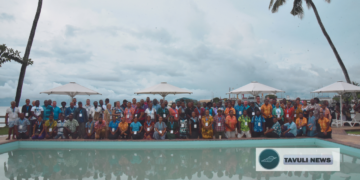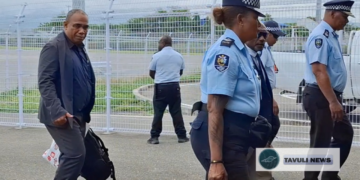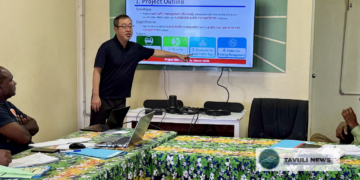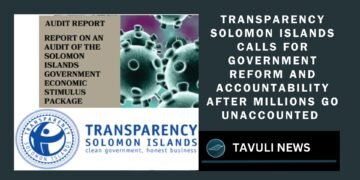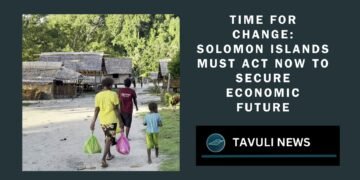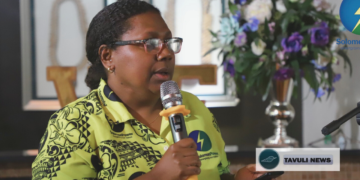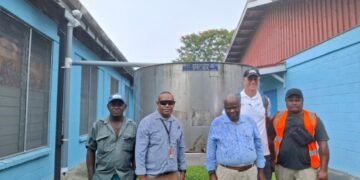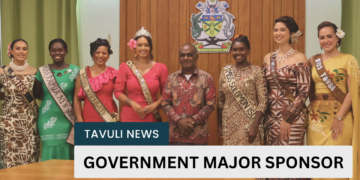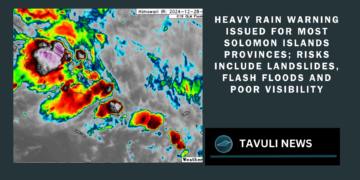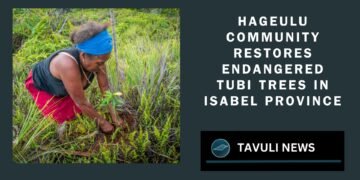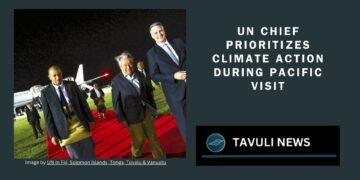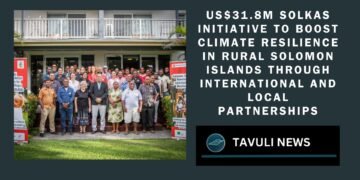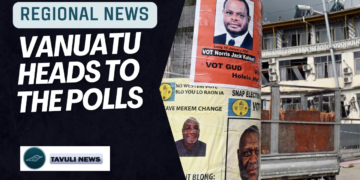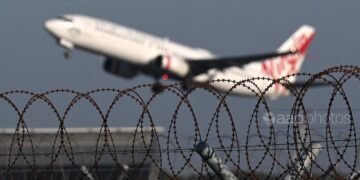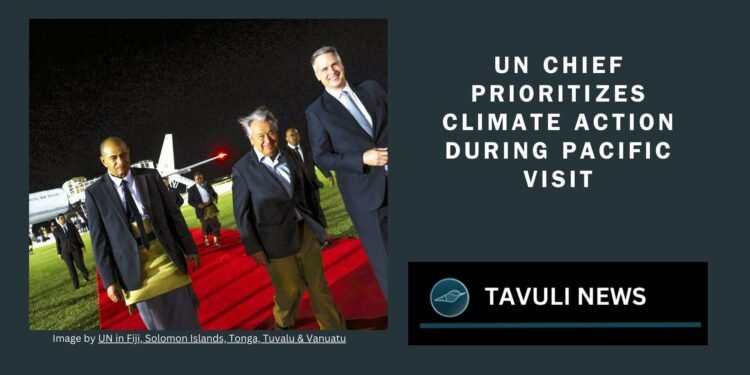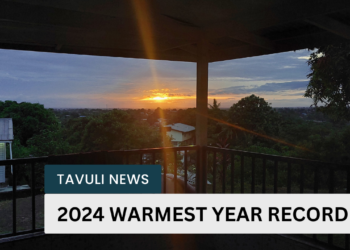Guterres Calls Out Australia, New Zealand, and Others for Failing to Act on Fossil Fuel Reduction.
The United Nations Secretary General is putting climate action at the forefront of his Pacific swing, calling out major nations for inaction on phasing out fossil fuels.
This fortnight, Antonio Guterres is visiting the blue continent for the first time in five years, first in Samoa, then New Zealand, and onto Tonga for the Pacific Islands Forum Leaders Meeting.
While Pacific leaders have plenty to consider in their annual talks – not least the crisis in New Caledonia – Mr Guterres is hoping to return the spotlight to climate issues.
Speaking in Apia on the first leg of the trip, Mr Guterres said the Pacific was on the “front line” of rising sea levels likely from growing global temperatures.
“The climate crisis is the gravest threat facing this country and this region … dealing with extreme weather events from raging tropical cyclones to record ocean heatwaves,” he said.
“Sea levels are rising even faster than the global average, posing an existential threat to millions of Pacific islanders.
“People are suffering, economies are being battered and entire territories face annihilation.
“The injustice is appalling.”
Mr Guterres called out major developed countries, naming a grouping which includes Australia, for not leading on the switch to renewable energy.
“We need the G20 – the biggest emitters – out in front. Phasing out fossil fuels fairly and ending fossil fuel expansion – immediately,” he said.
Australia is one of the biggest exporters of natural gas on the planet and continues to approve and open coal mines.
The other regional power, New Zealand, is also embracing fossil fuels, with the new government reversing a Jacinda Ardern-era ban on oil and gas exploration.
Mr Guterres said countries needed to produce new climate action plans that aligned with the Paris Agreement goal of limiting warming to 1.5 degrees by next year.
He called on developed nations to give a “massive increase” to climate financing that would help poorer countries – including the Pacific to mitigate and adapt to warming.
“In Samoa, and around the world, lack of funds has put ambitious plans for climate action and sustainable development on hold,” he said.
Source: AAP


